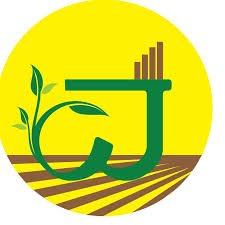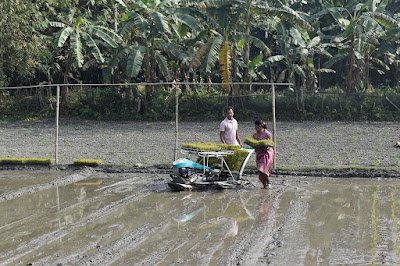Agritech startup Wavar extends IPM Solutions to over 50 FPOs
Covering over 1,000-acre pilot plots across Maharashtra, MP, Karnataka, & Gujarat.
In a significant move Wavar, a pioneering Agritech startup has extended its innovative Integrated Pest Management (IPM) solutions to more than 50 Farmer Producer Organizations (FPOs), covering over 1,000-acre pilot plots across Maharashtra, Madhya Pradesh (MP), Karnataka, and Gujarat, further strengthening its foothold in the sector.
Wavar’s approach goes beyond traditional pest management by offering a complete IPM implementation model tailored to the unique needs of FPOs, providing flexible and crop-specific solutions. The company’s per-acre IPM service has been instrumental in helping FPOs build sustainable farming businesses, reduce input costs, and improve crop quality. This partnership ensures that FPO members can not only grow low-residue crops that meet stringent European Union quality standards but also enhance their profitability by reducing the cost of cultivation and tapping into higher-value markets.
Through this collaboration, Wavar is playing a crucial role in revolutionizing how FPOs manage their pest control strategies while contributing to a more sustainable and environmentally friendly agricultural ecosystem. By enabling the production of cleaner, low-residue crops, Wavar is helping FPOs fetch premium prices for their produce, opening doors to export markets and improving business margins.
Speaking about Wavar’s mission, Sanjay Shirodkar, Co-Founder of Wavar said, “FPOs are integral to the growth of Indian agriculture, and we are proud to partner with them to drive sustainable, low-residue farming. Our goal is to provide FPOs with the tools they need to succeed in today’s competitive market while ensuring that farmers benefit from reduced input costs and higher-quality produce. We believe this partnership will have a lasting impact on Indian agriculture, helping farmers achieve both profitability and sustainability.”
Wavar’s partnerships with FPOs have already yielded impressive results. By reducing reliance on chemical pesticides through IPM, farmers have been able to cut their production costs significantly while improving the health of their soils and the quality of their crops. As the company continues to expand its presence in new states, Wavar remains committed to delivering innovative, sustainable pest management solutions that align with the changing landscape of modern agriculture.
Wavar’s journey has only just begun, but its vision for the future of Indian agriculture is clear to empower FPOs with the knowledge and tools they need to transition to a more sustainable, profitable model of farming that benefits farmers, consumers, and the environment alike.
Covering over 1,000-acre pilot plots across Maharashtra,



